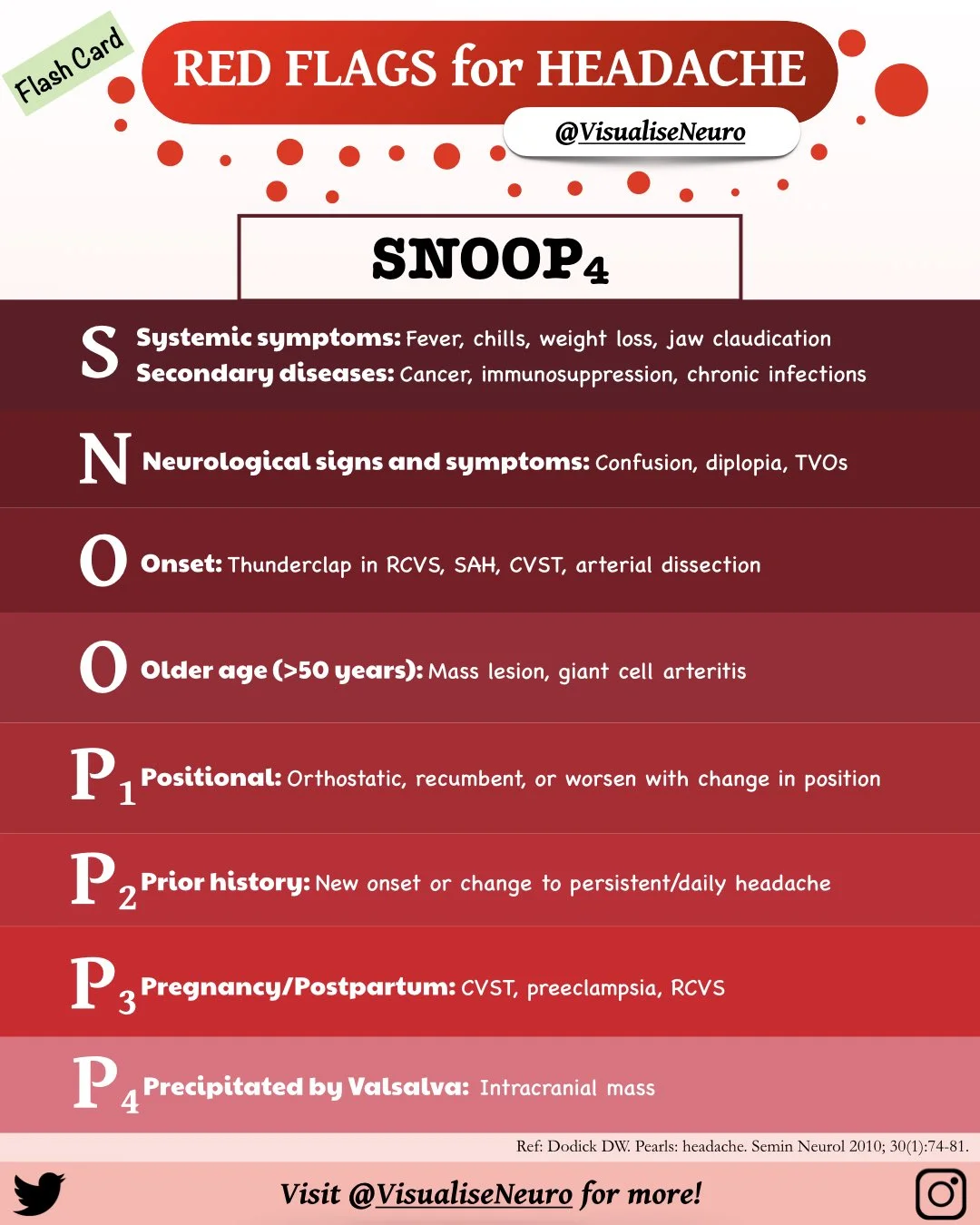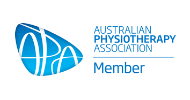When should you be concerned about a headache?

Headaches are a common ailment that most people experience at some point in their lives. While most headaches are harmless and can be easily treated with over-the-counter medications or relaxation techniques, some headaches can be a sign of something more serious. In this blog post, we will discuss the signs of dangerous headaches and what to do if you experience them.
Signs of Dangerous Headaches
- Severe pain (8-10/10) that feels like a ‘thunderclap’
- Unusual symptoms like pins and needles into the face, double vision, loss of balance
- Loss of bladder or bowel control
- Changes in mental function or consciousness, such as confusion, memory loss, or seizures
- Sudden and intense headache, especially if it is the worst headache you have ever had
- Headache that occurs with a stiff neck, high fever, or rash
- Headache that occurs after a head injury or accident
If you experience any of these symptoms, seek medical attention immediately. These symptoms could be a sign of a serious underlying condition, such as bleeding in the brain, a brain tumor, or an aneurysm.
What to Do if You Experience a Dangerous Headache?
If you experience any of the above symptoms, seek medical attention immediately. Do not attempt to treat the headache on your own with over-the-counter medications, as this could mask the symptoms and delay diagnosis and treatment. Call 000 or go to the nearest emergency room if you experience a sudden and severe headache.
How to Prevent Dangerous Headaches
While some causes of headaches, such as head injuries or accidents, cannot be prevented, there are steps you can take to prevent some types of headaches. These include:
- Avoiding triggers: If you know that certain foods, drinks, or activities trigger your headaches, avoid them.
- Managing stress: Stress can trigger headaches, so it's important to find ways to manage stress, such as meditation, yoga, or exercise.
- Getting enough sleep: Lack of sleep can trigger headaches, so it's important to get enough sleep each night.
- Maintaining good posture: Poor posture can strain your neck and cause headaches, so it's important to maintain good posture while sitting, standing, and sleeping.
- Seeking treatment: If you experience frequent headaches, it's important to seek treatment from a healthcare professional. A physiotherapist can help identify the underlying cause of your headaches and develop a treatment plan to prevent them from occurring.
Headaches are a common ailment, but some headaches can be a sign of a more serious underlying condition. If you experience any of the above symptoms, seek medical attention immediately. By taking steps to prevent headaches and seeking treatment when necessary, you can reduce your risk of experiencing dangerous headaches.








